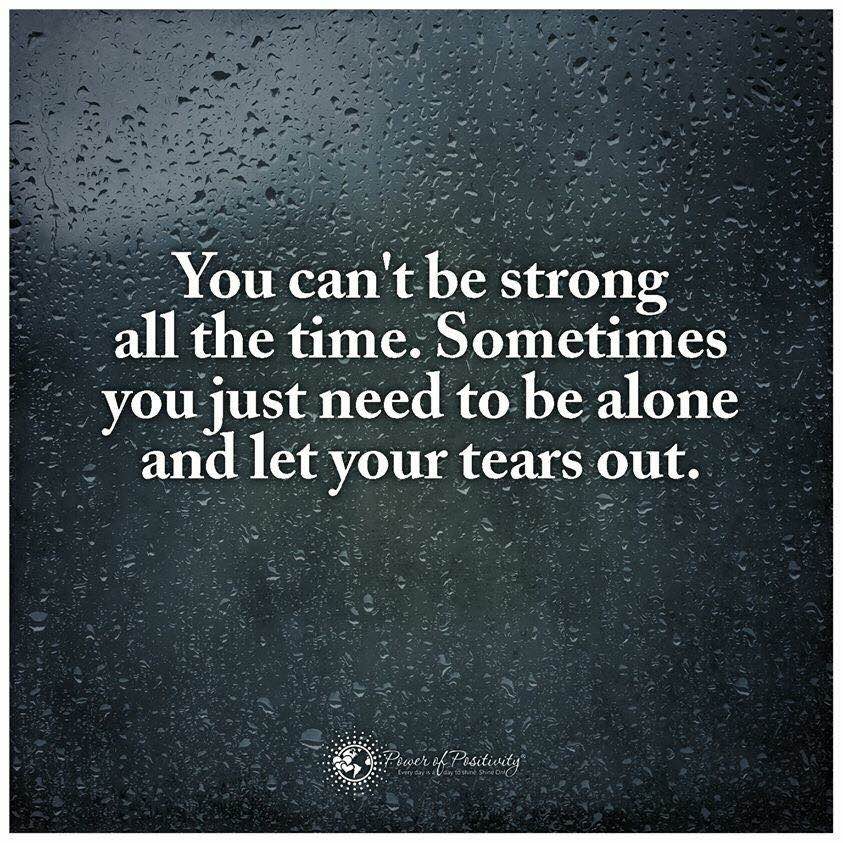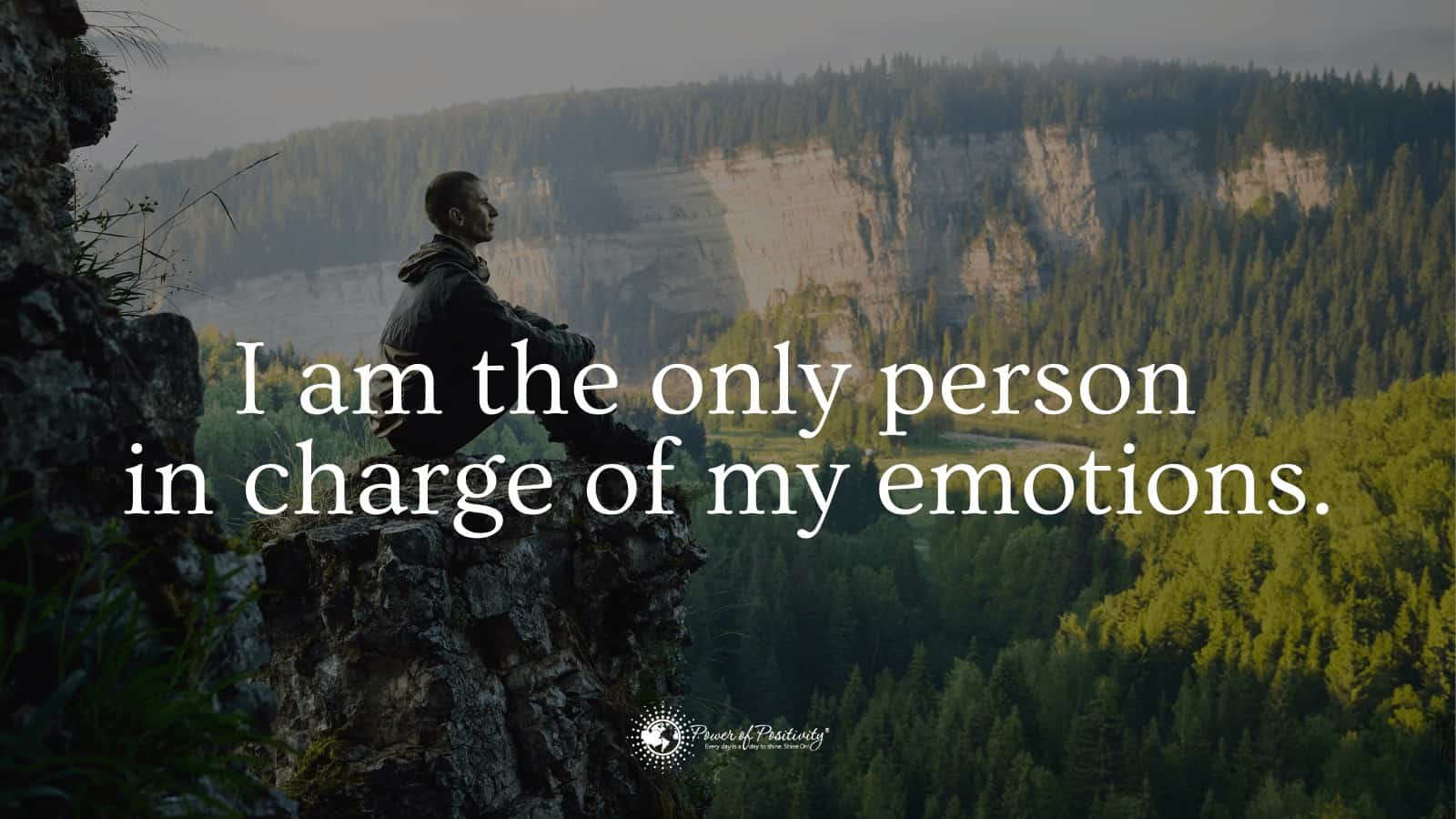We need never be ashamed of our tears. – Charles Dickens
Did you know crying is actually good for you? According to neuroscientist and tear researcher Dr. William H. Frey II, PhD, “crying is not only a human response to sorrow and frustration, it’s a healthy one. Crying is a natural way to reduce emotional stress that, left unchecked, has negative physical effects on the body, including increasing the risk of cardiovascular disease and other stress-related disorders.”
Research shows that 85 percent of women and 73 percent of men feel less angry and sad after crying than they did before. Many people feel that crying makes them weak and unable to cope with their lives and emotions, when in reality, crying represents the exact opposite!
Here are 5 reasons why crying a lot means you’re mentally tough:
1. You meet your emotions head on.
When you release negative emotions that don’t serve your best interest, this means that you don’t run from your feelings. You stare them right in the eyes and invite them in, allowing them to totally take you over. After you feel them and let them run their course, however, you let them go and don’t dwell on them for too long. Crying does not mean you have no capability of handling life; it means you have even MORE ability to deal with anything that comes your way, because you don’t try to escape. You stand strong and show up for the moment, no matter what it may bring.
If you must cry, you know that your body needs to flush out excess energy, or replenish itself after a stressful event. And you embrace this fact without feeling ashamed or apologetic about it.
2. You don’t care what others think about you.
Crying is the ultimate display of vulnerability; it takes a lot of guts to show that side of yourself to others, and not care what they might think. We live in a far too structured world, where we are almost discouraged from showing emotions because it will disrupt the workday, make us less productive, or some other absurd reason.
Crying means you have overcome these societal norms and realized that showing emotions makes you human. Without feeling emotions, we would simply be machines, cogs in the wheel, robots performing our duties in an orderly, mundane, calculated fashion. However, our ability to cry means we are much more than machines, and you have realized this. Crying a lot means you have broken out of the prison of what others think, and have risen above the confines of social norms. You know crying is a big part of being a balanced, emotionally healthy person.
3. You know that crying helps you release pent up feelings.
Suppressing emotions only leads to big blowouts in the end, where you release everything you’ve felt for months all in one setting. Usually, this means either an emotional breakdown, or a big fight with someone else because you had to take out all that frustration on somebody. Neither of these situations are ideal, and can cause a lot of emotional damage in the long run. Crying regularly helps you keep your nervous system in check, and also helps you get out any stale emotions that don’t belong in your emotional body any longer.
4. You know that crying makes you healthier overall.
Crying offers many benefits beyond just emotional ones; it actually releases feel-good hormones by lowering manganese levels, which can cause extreme anxiety and stress if too much builds up in your system. Crying also helps lubricate your eyes and prevent dehydration; without tears, we wouldn’t even be able to see properly! Finally, crying kills bacteria and remove other harmful toxins from the body. Without tears, we would have much poorer health, not to mention, drive ourselves crazy from our suppressed emotions!
5. You help others feel more comfortable expressing themselves.
It takes a mentally strong person to help others free themselves from the fear of what others think. By crying and showing your vulnerable side to people, you not only liberate yourself, but help others feel more comfortable doing the same. Many people lock their emotions away, fearing what others may say or thinking that showing themselves in the purest form will scare people off or be deemed inappropriate. However, by you not inhibiting your emotions and crying in front of others when you need to, you automatically contribute to a much more authentic, free, and healthy society.











